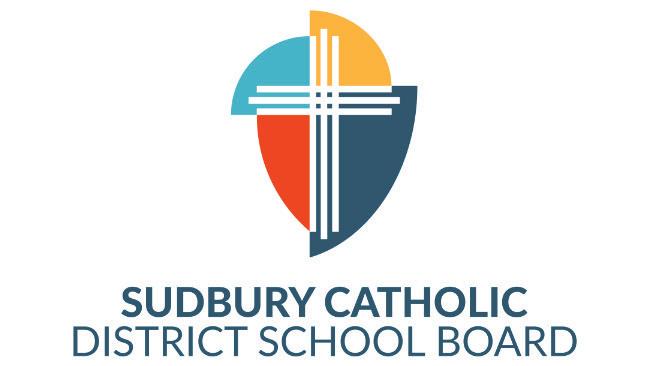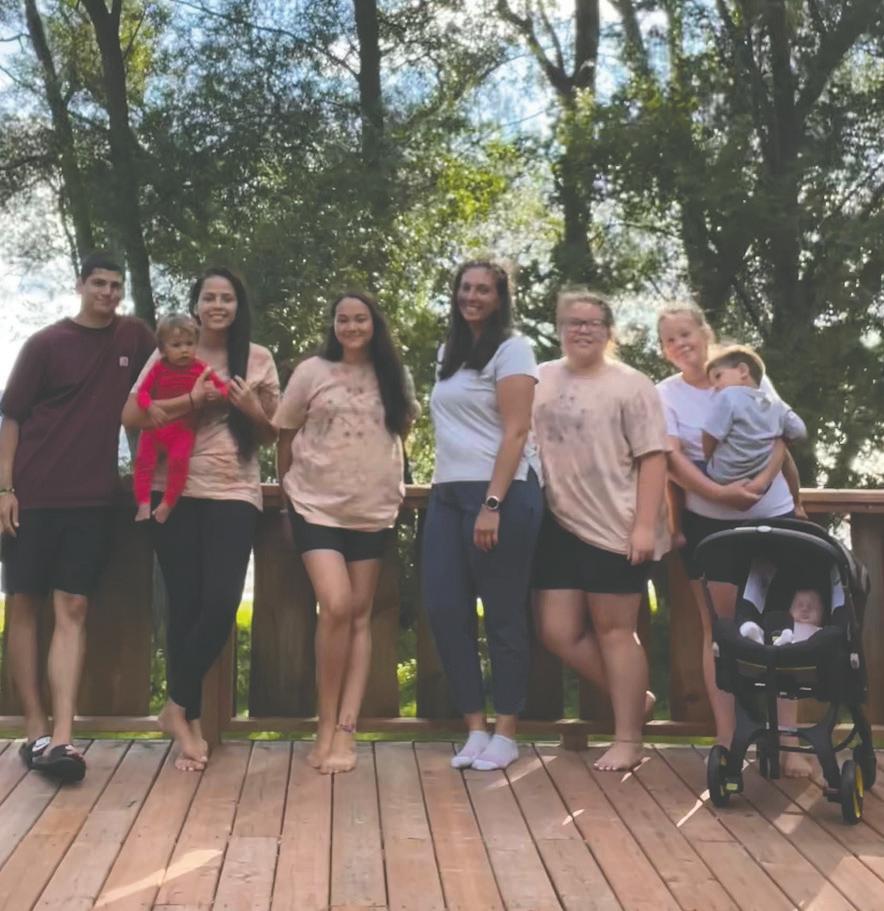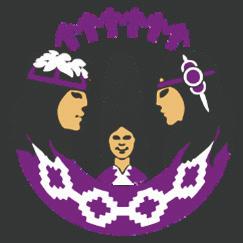
2 minute read
Grassroots group supports Mohawk language learners mental health
$1.1
million in new grants for mental health programs supporting BIPOC communities
Feelings of guilt and shame for not being fluent in your language take a toll on the mental health and well-being of language learners across all communities. Ahkwesáhsne-based Ionkwahronkha’onhátie’ is here to make a change.
Grassroots organization

Ionkwahronkha’onhátie’ has been supporting Mohawk (Kanien’kéha) language learners since 2019 and is a recipient of one of this year’s Bell Let’s Talk Diversity Fund grants. The group is one of 11 recipients Bell is supporting to help create positive change for members of Black, Indigenous and People of Colour (BIPOC) communities in Canada.

Bell announced $1.1 million in new grants last week. The grants allow organizations to reduce the stigma of mental illness and increase access to culturally informed mental health and well-being support for BIPOC communities. Thirty-nine organizations from across the country have received grants since its launch in 2020.
“Our organization targets adult proficient Mohawk language learners. Mostly everyone has already gone through a two-year language program or is already proficient in Mohawk because we are filling a gap in our communities’ programming,” said Karonhiióstha

Shea Sky, co-founder and co-director of Ionkwahronkha’onhátie’.
Taiawentón:ti Chelsea Sunday is also co-founder and co-director of the organization. Financial Assistant and Language Intern Iehsonténhawe Elisha King is the team member who suggested the group apply for the $100,000 grant.
“There are a lot of language learners who experience anxiety or become overwhelmed because it feels like there is a big responsibility on their shoulders to learn as much as they can in as little time as possible,” said Sky. “It can be overwhelming work which brings on anxiety when trying to speak. Some also experience guilt and shame because they can’t speak the language as well as they would like to or are scared of making mistakes.
“This creates hindrances to their well-being and mental health when it comes to language learning. Research shows that learning language and having access to culture and teachings can improve Indigenous people’s mental health and wellbeing.”
Director of Bell Let’s Talk Mary Deacon said the grants help organizations like Ionkwahronkha’onhátie take meaningful action toward change.
“We are delighted to announce our latest Bell Let's Talk Diversity Fund recipients. These organizations are delivering much-needed support and services in many diverse communities across the country. The grants are helping these organizations to take meaningful action to help create positive change for people struggling with mental health issues. Congratulations to these outstanding 11 organizations,” Deacon said in a Jan. 17 release.
Sky told the Two Row Times that the grant is really good for the group as they are grassroots and are not a registered non-profit.
“When funders like Bell allow for grassroots organizations to apply for this kind of funding it makes it so much easier for us because we don’t have to go through another organization to find someone to be our fiscal sponsor,” she said.
Reducing the stigma surrounding mental health and language learning is a top priority.
“In terms of outcomes, I think reducing stigma around mental health and specifically language learning is important. When I see a decrease in attendance it makes it obvious to me that there is a connection between learning the language and mental health and well-being that hasn’t been completely explored yet or given as much attention as it needs. The grant gives us an opportunity to help more language learners feel supported,” said Sky. “We exist across all communities and all spaces where our language can be spoken.”
Sky added that when people feel supported and have a support system in place it is easier for them to focus on learning the language and move beyond the barriers.
“Learning language is hard enough as it is. Learners don’t need to feel guilt, shame and anxiety throughout the process and we aim to help them overcome it.”
Visit Bell.ca/LetsTalk for more ideas and share your actions using #BellLetsTalk and help inspire others to join the movement to create positive change for mental health.








